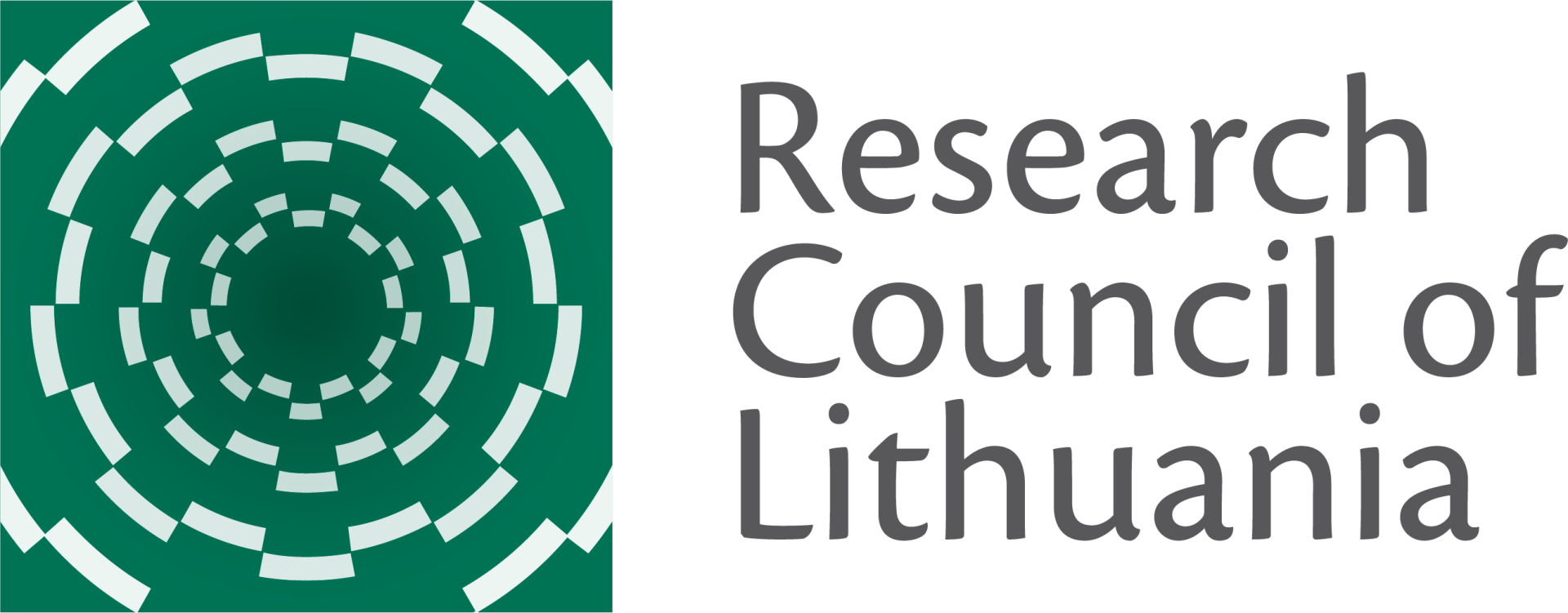Project idea
Temos aktualumą lemia pastaraisiais dešimtmečiais vykstanti mokslinė diskusija apie įtakingą M. Nussbaum teisingumo teoriją ir jos istorines ištakas. Nussbaum plėtoja galimybių prieigą (capabilities approach), kuri naudojasi Aristotelio filosofijos prielaidomis teigiant, kad teisinga politinė tvarka yra ta, kuri įgalina kiekvieną žmogų išskleisti savo geriausias galimybes. Naujausi tyrimai teigia, kad tokia egalitarinė paskirstomojo teisingumo koncepcija, užtikrinanti ekonominį, socialinį ir politinį skirtingų piliečių įgalinimą, pasirodo jau Platono veikale „Įstatymai“, tačiau ši tezė kol kas išlieka kontraversiška. Tyrimo problema numato tokį pagrindinį tikslą: remiantis aktualia galimybių prieiga grįsta teisingumo teoriją analizuoti moterų padėtį Platono „Įstatymuose“ ir atskleisti, kokiu mastu ir kokiomis socialinėmis, ekonominėmis, teisinėmis ir politinėmis priemonėmis moterys yra įgalinamos išskleisti savo geriausias galimybes.
____
The importance of this topic stems from the recent scholarly debate on Martha Nussbaum's influential theory of justice and its origins. Nussbaum develops the capabilities approach using the assumptions of Aristotle's philosophy to argue that a just political order is the one that empowers each person to bring out his or her best potential. Recent research argues that such an egalitarian conception of distributive justice, which ensure the economic, social and political empowerment of different citizens, appears as early as Plato's “The Laws”, but this thesis remains controversial for now. The research problem has the following main objective: to analyse the position of women in Plato's "Laws" with respect to the theory of justice based on the capabilities approach, and to uncover to what extent and by what social, economic, legal and political means women are empowered to reach their best potential.








